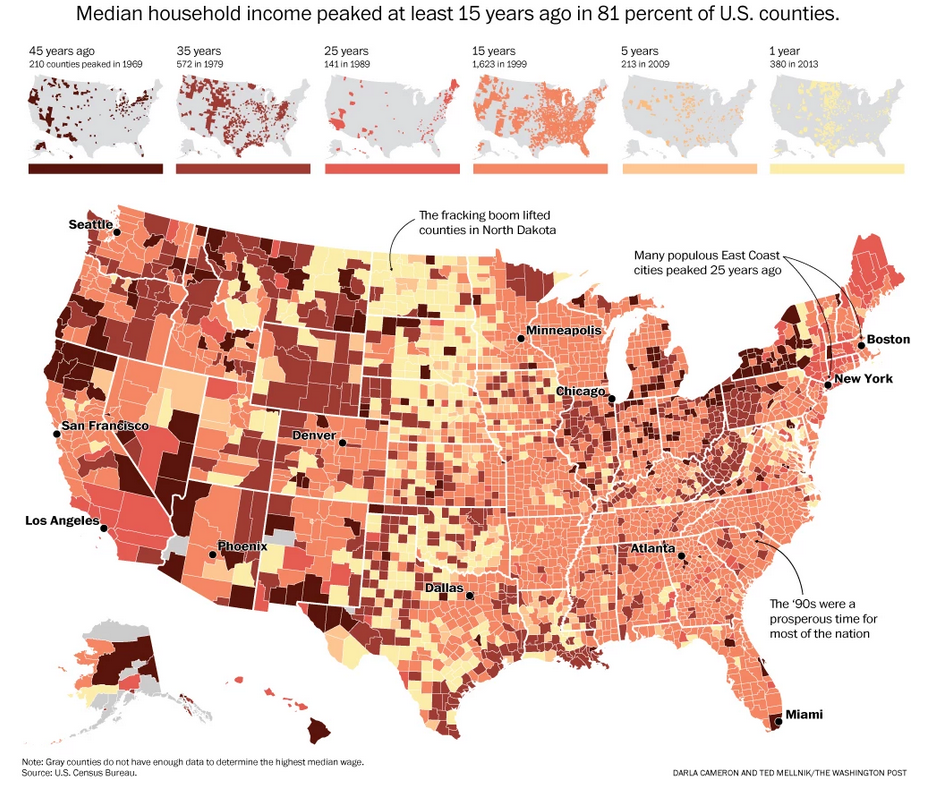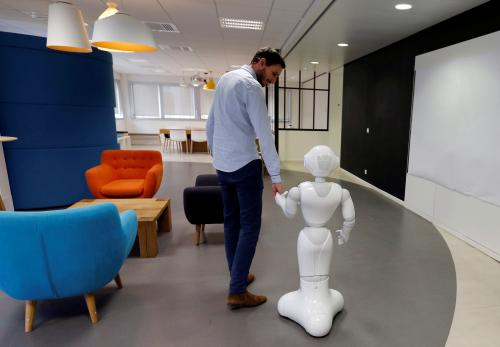Educational attainment has a big impact on early retirement
Steven Venti of Dartmouth College and David A. Wise of the National Bureau of Economic Research find that those without a high school degree are 6.6 times more likely to receive Social Security Disability Insurance than are those with a college degree, and are more than 25 percentage points more likely to claim Social Security benefits early.
Unemployment is more sensitive to changes in some components of GDP than others
Robert Anderton, Ted Aranki, and Valerie Jarvis of the European Central Bank and Boele Bonthuis of Bundesbank find that disaggregating the components of GDP can significantly enhance the strength of the Okun relationship, which states that for every 1% increase in unemployment, GDP is reduced by roughly 2%. Using data on 17 Euro area countries, they conclude that unemployment is particularly sensitive to changes in the consumption component of GDP, but relatively insensitive to changes in foreign trade.
Federal transfers to localities have significant multiplier effects
Using data on Brazilian federal government transfers to municipalities, Raphael Corbi, Elias Papaioannou, and Paolo Surico of the London Business School conclude that these transfers carry a multiplier between 1.4 and 1.8, after controlling for a range of factors. They note that transfers to municipalities in less developed or more isolated regions are particularly effective.
Chart of the week: Household Income
Speech of the week: The question is not whether to act, but rather how to act in addressing low growth and inflation
“The key issue now is whether the environment is changing to a point where we need to do more. What has changed is the confirmation of low growth and low inflation, and the oil shock which is obviously new. I see a broad consensus around the table in the Governing Council that we need to do more. If we had been in a position to cut rates at the last meeting, we would probably have done so. It’s not that much of a question on whether we should do something, but more a discussion on the best way to do it.”
–Benoît Cœuré, Member of the Executive Board of the European Central Bank




Commentary
Hutchins Roundup: Early Retirement, Okun’s Law, and More
December 22, 2014